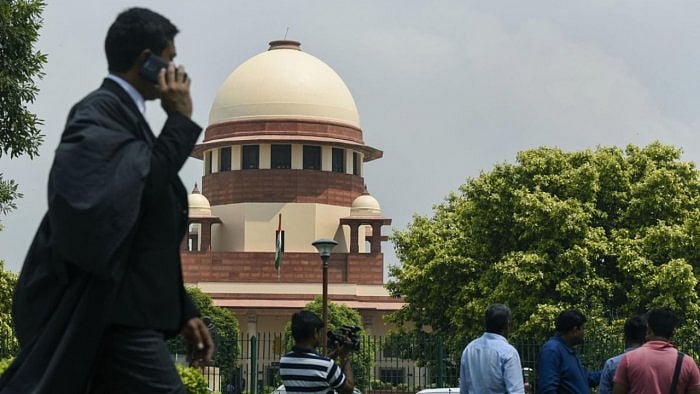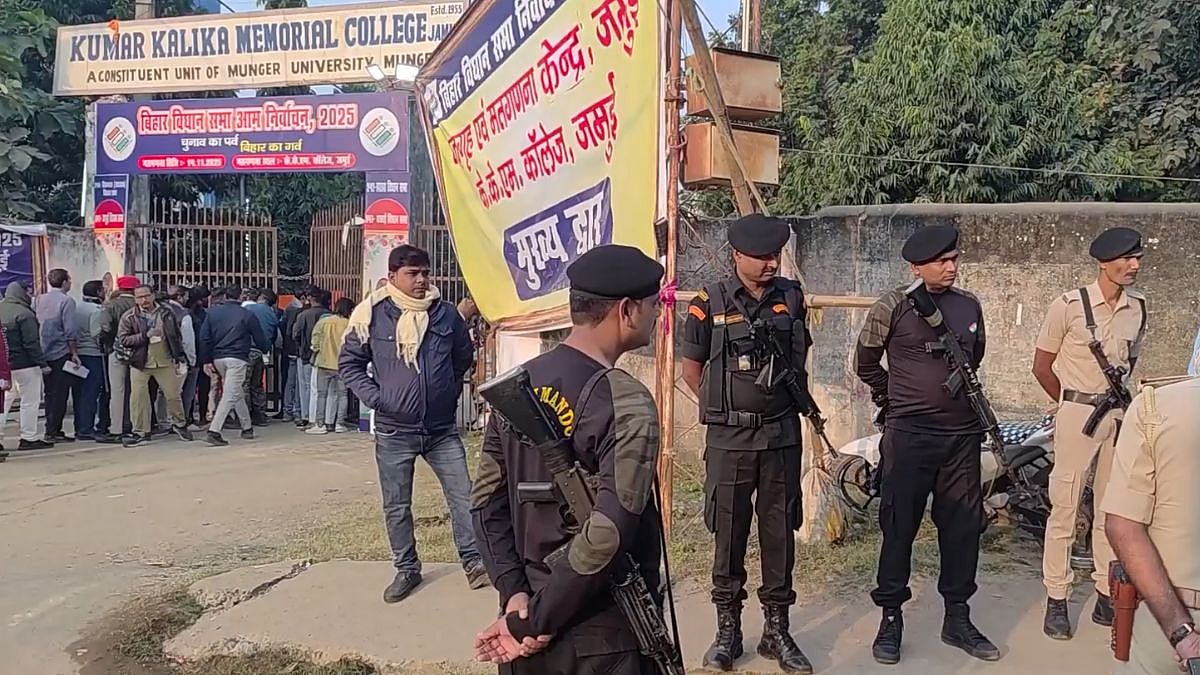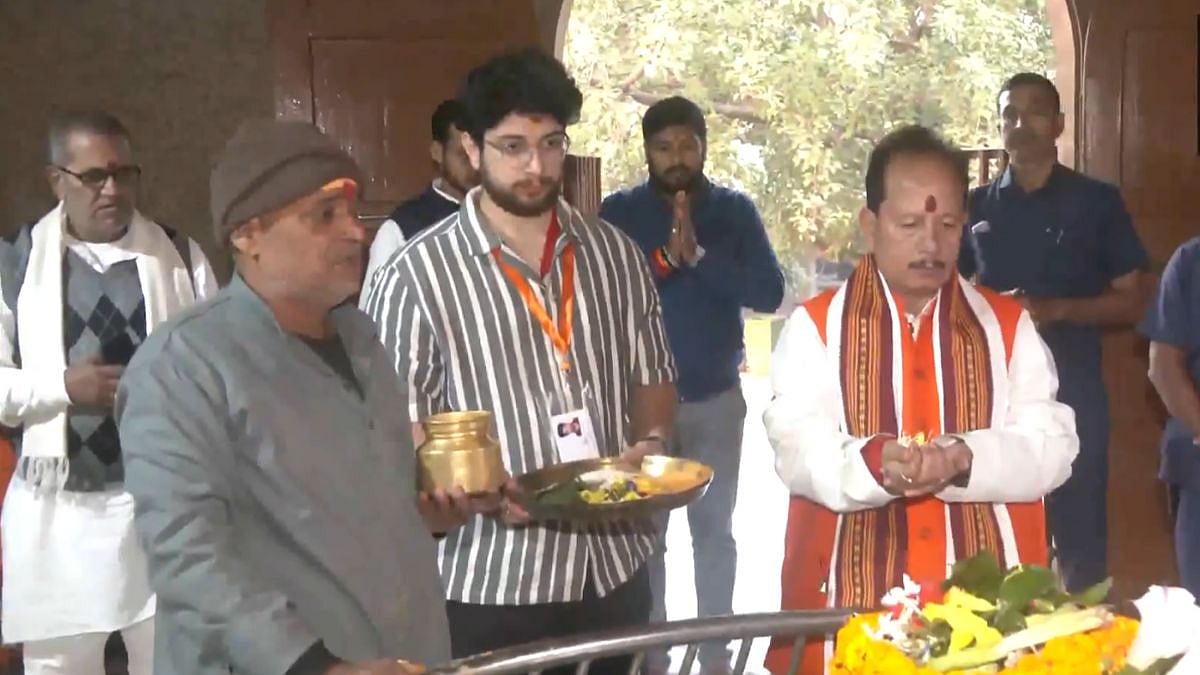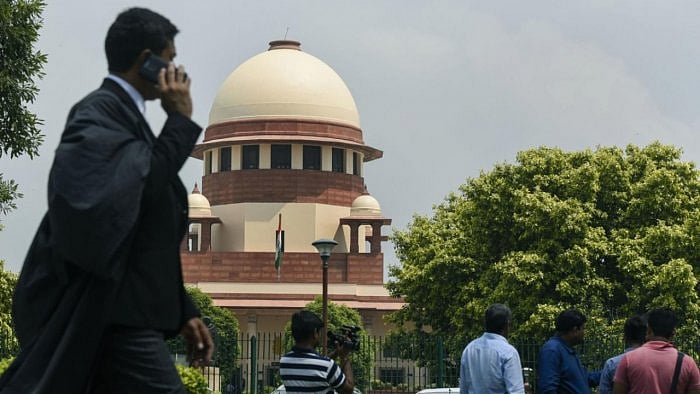After nearly two decades, the prime accused in the Nithari serial killings case, Surendra Koli, who was convicted by several courts in 13 cases, was acquitted by the Supreme Court in the last case against him and is set to walk free, ending a saga of sheer depravity.
The skeletal remains of several missing children and women were found in a drain behind the house of horrors in Noida’s Nithari area in 2007. Koli worked at the house as domestic help. The owner of the house, Moninder Singh Pandher, was also arrested and convicted but was acquitted for lack of evidence.
Pulling up investigating agencies for tardy evidence gathering and negligence, the top court maintained that convictions, particularly in cases involving capital punishment, cannot rest on mere ‘conjecture’ and that due process must prevail even in the most horrific crimes.
A Bench of Chief Justice of India BR Gavai and Justices Surya Kant and Vikram Nath observed that upholding the 2011 verdict, convicting Koli, would amount to a ‘manifest miscarriage of justice’ when he had already been acquitted in 12 other cases arising from the same set of facts and evidence. The Bench directed that he be released forthwith.
In July, the Supreme Court had affirmed Koli’s acquittal in 12 of the 13 cases linked to the Nithari killings, citing procedural lapses, unreliable evidence and irregularities in the investigation. It had dismissed the Central Bureau of Investigation’s appeals against the Allahabad High Court’s 2023 judgements.
The curative petition concerned the sole case in which Koli’s conviction and death sentence had been upheld by the Supreme Court in 2011, and which resulted in a rare reversal of the top court’s own verdict. The Allahabad High Court had commuted the sentence to life imprisonment in 2015, citing inordinate delay in the disposal of his mercy petition.
The apex court highlighted serious irregularities in the probe, such as the crime scene being left unsecured before excavation, the remand papers containing contradictory versions, and the accused being detained for an extended period without a court-monitored medical examination.
The investigation did not examine obvious witnesses from the household and the neighbourhood and did not pursue material leads, including the organ trade angle highlighted by a government committee, the bench observed.
While acknowledging the heinous nature of the killings and the acute suffering of the affected families, the apex court expressed regret that despite extensive investigation, the identity of the actual perpetrator could not be established in a manner meeting legal standards.
The Nithari killings shook the conscience of the nation and stood out for the sheer scale of perversion, including charges of cannibalism. That justice continues to elude the innocent victims and there is no closure for the suffering families is most unfortunate.









